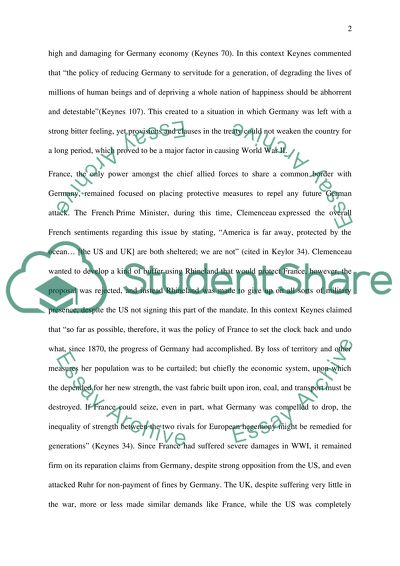Cite this document
(“Provide a political analysis of the Peace Treaty of Versailles and the Essay”, n.d.)
Retrieved from https://studentshare.org/history/1459088-provide-a-political-analysis-of-the-peace-treaty
Retrieved from https://studentshare.org/history/1459088-provide-a-political-analysis-of-the-peace-treaty
(Provide a Political Analysis of the Peace Treaty of Versailles and the Essay)
https://studentshare.org/history/1459088-provide-a-political-analysis-of-the-peace-treaty.
https://studentshare.org/history/1459088-provide-a-political-analysis-of-the-peace-treaty.
“Provide a Political Analysis of the Peace Treaty of Versailles and the Essay”, n.d. https://studentshare.org/history/1459088-provide-a-political-analysis-of-the-peace-treaty.


